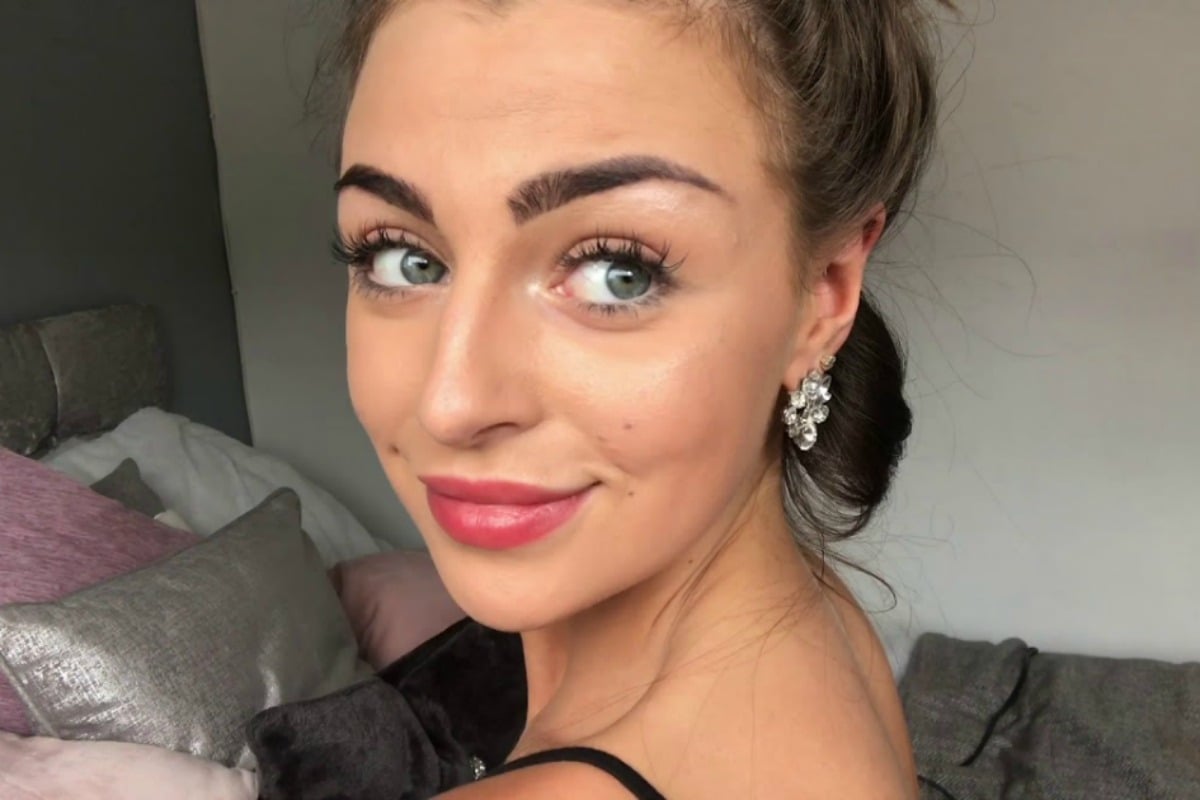
Trigger warning – This post discusses eating disorders and self harm and may be distressing to some readers.
After being relentlessly bullied during her childhood, Alisha Cowie developed an eating disorder when she was just 13 years old.
Plummeting to a dangerous weight while struggling with anorexia, Alisha soon turned to the internet for advice.
But the now 19-year-old, who is currently Miss England, discovered much worse online.
Speaking to the Sunday Mirror, Alisha described how graphic content on Instagram once drove her to self harm.
“For young girls like I was, going on social media, looking for help for something like anorexia can be so destructive,” Alisha told the publication.
“These images need to be completely blocked. There’s absolutely no reason for them to be there. They don’t help anyone. They just ruin lives.”
This is how to talk to people with anxiety. Post continues below…
“I remember I’d been searching for healthy eating posts – nothing sinister. But then Instagram started suggesting posts about anorexia to me,” Alisha said.




























































































